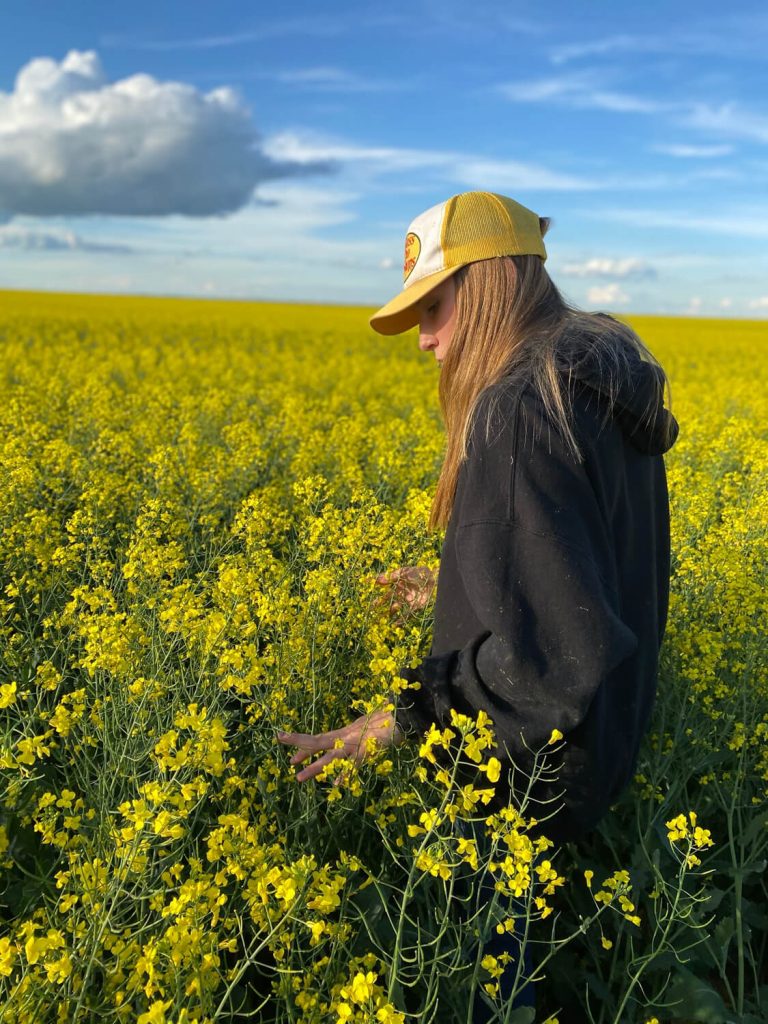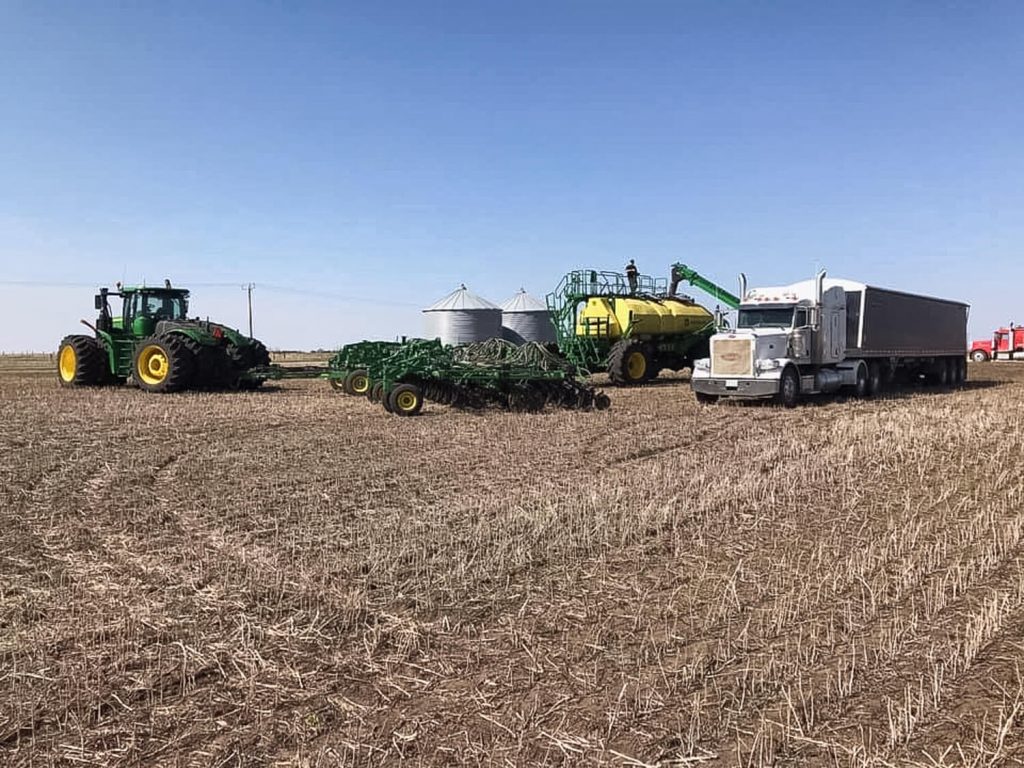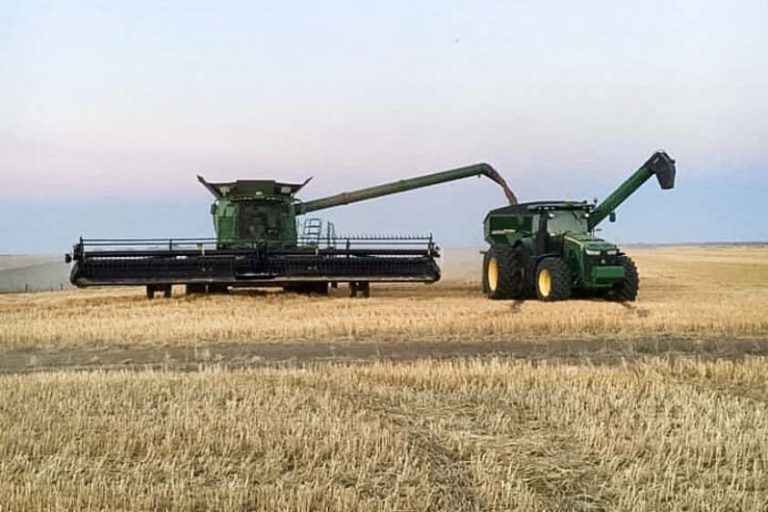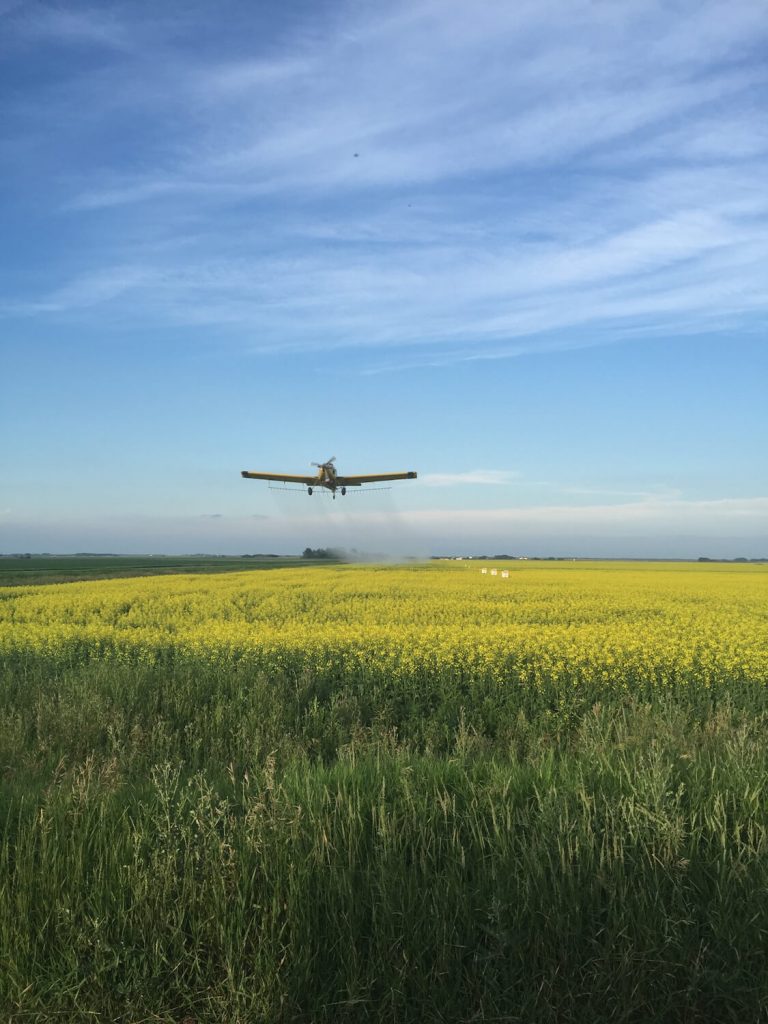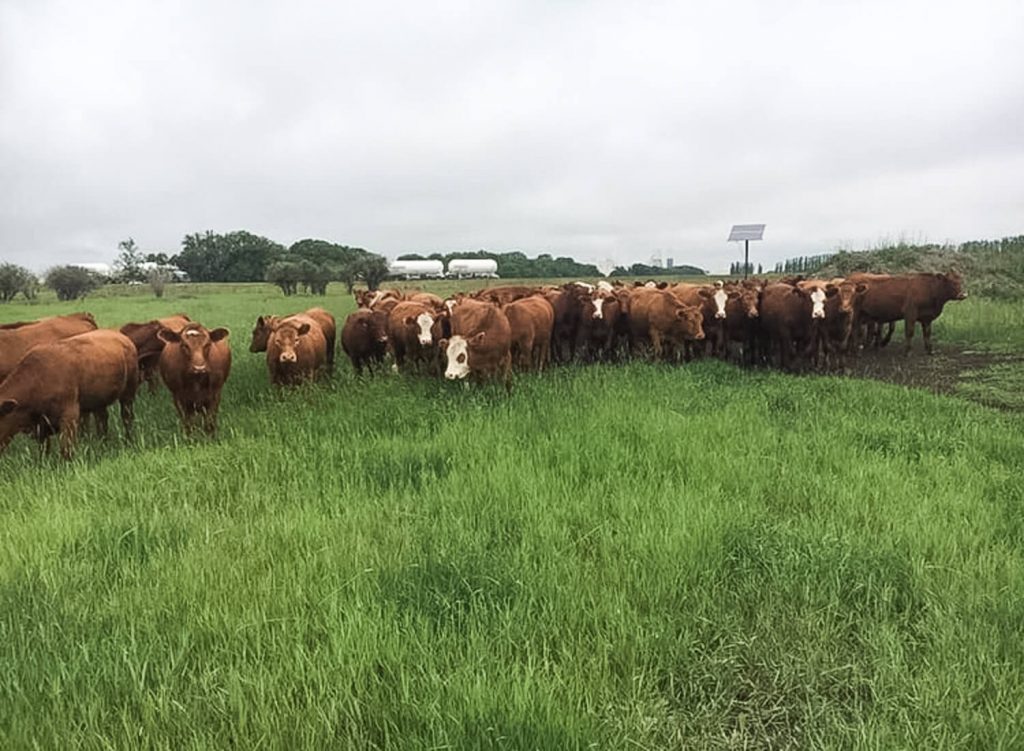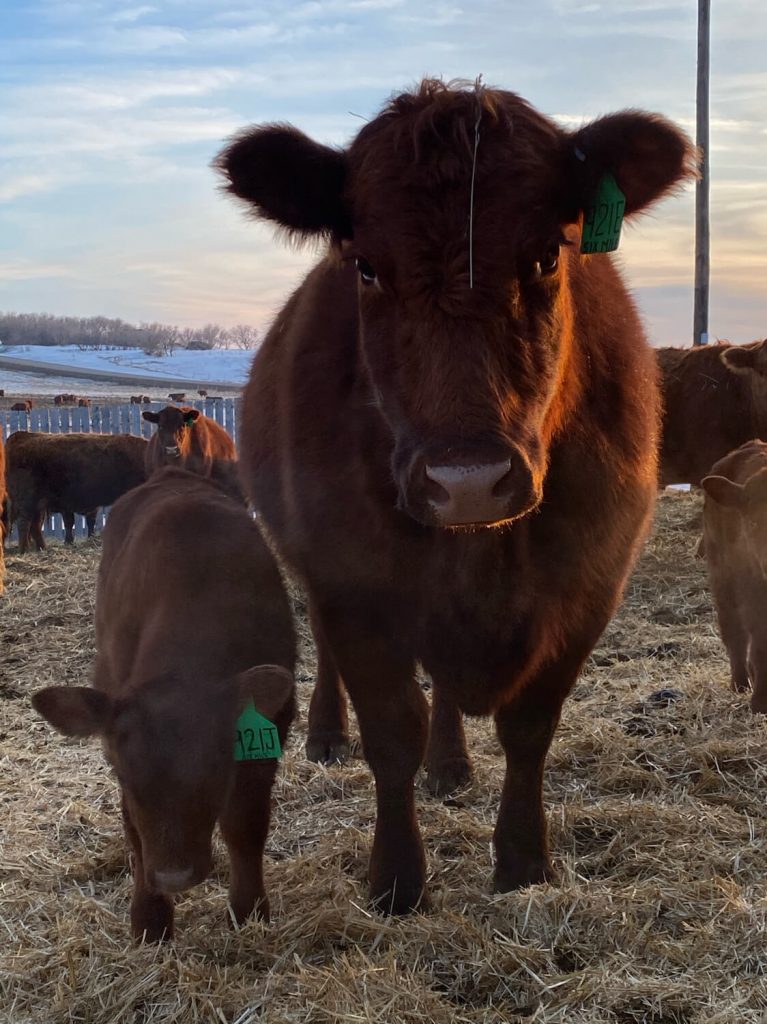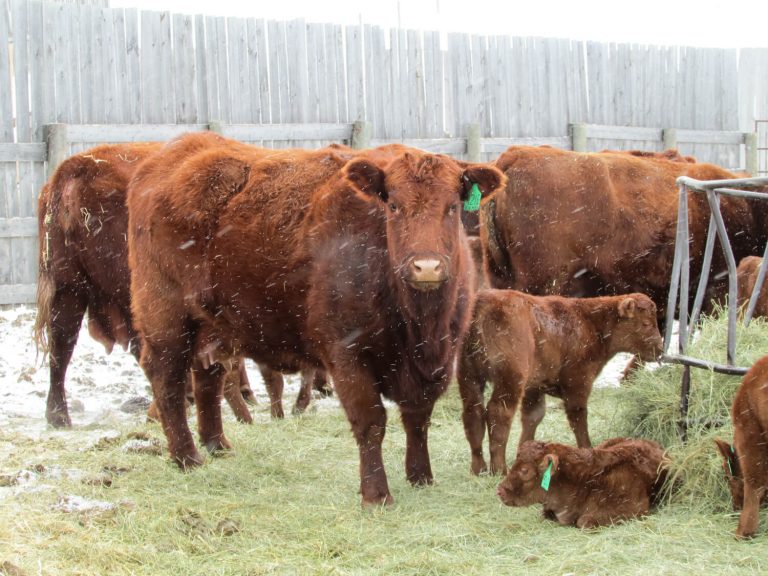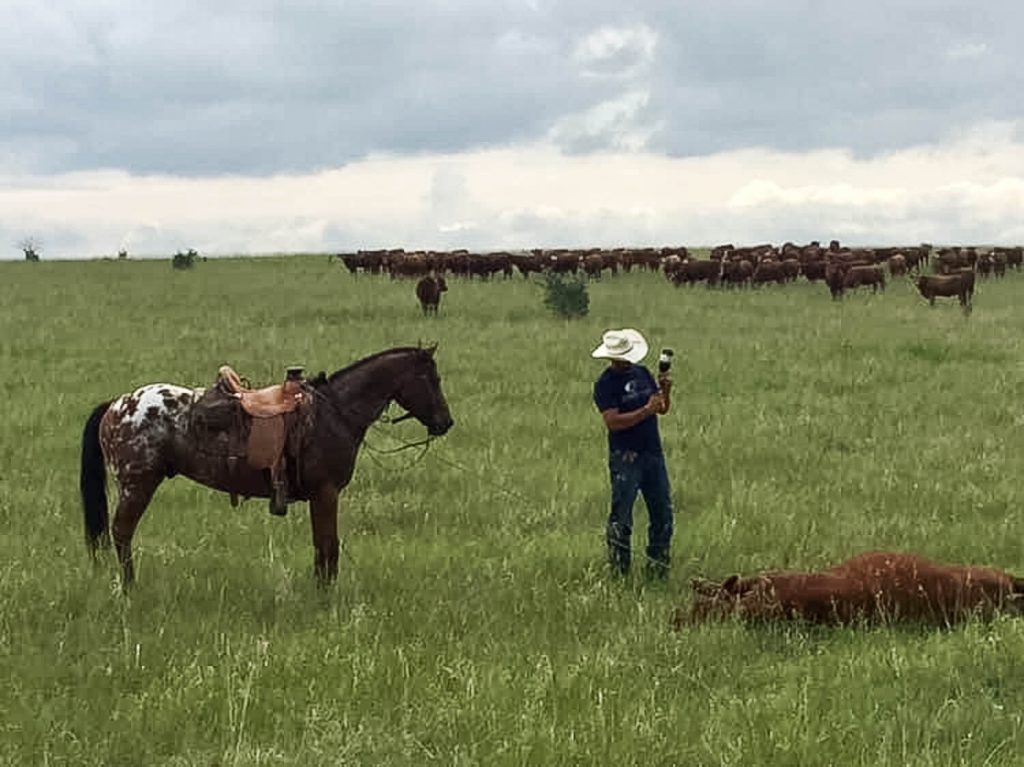
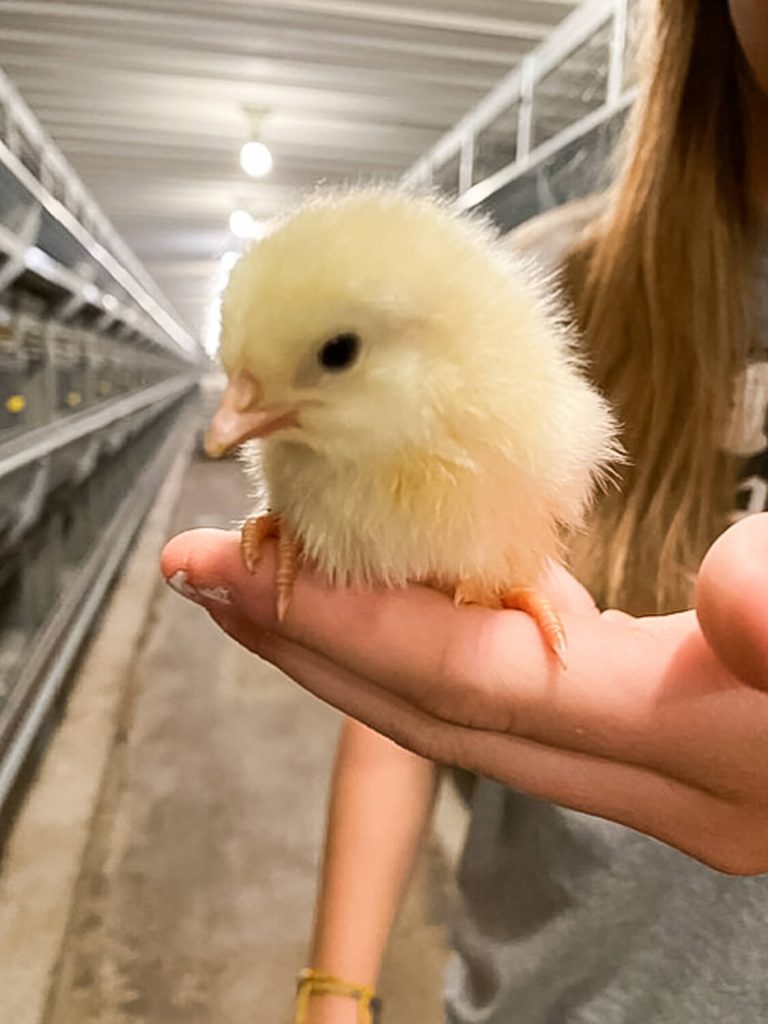
Chicken
Since then, our role as an egg producer is to provide the Canadian consumer with safe, healthy, sustainably produced eggs. We adhere to stringent animal health guidelines that involve annual auditing at both Federal and Provincial levels.
The housing system has feed and water available at all times. Birds receive annual vaccinations; there are regimented barn cleanings and climate controls that keep hen mortality low and produces high-quality eggs for our Canadian consumers. In addition, we are the only producer in Western Canada that uses 50% whole wheat and 50% supplement as our feed ration.
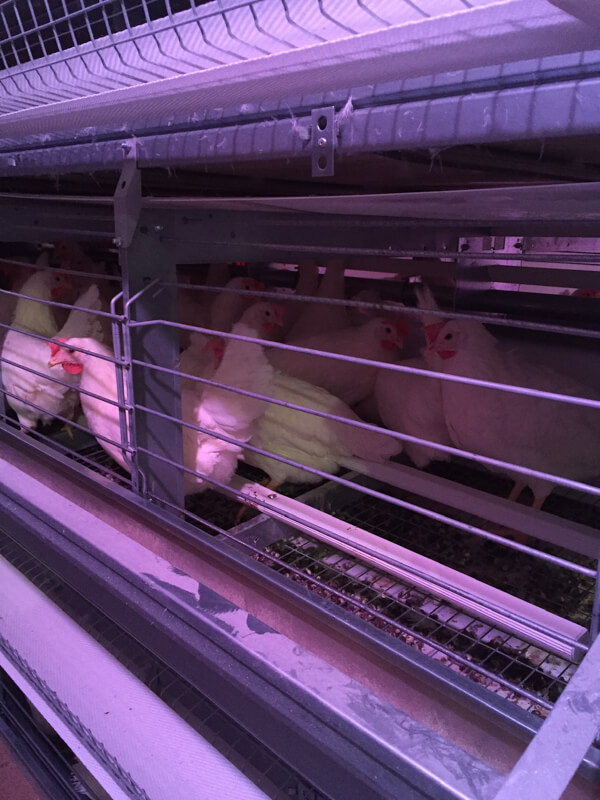
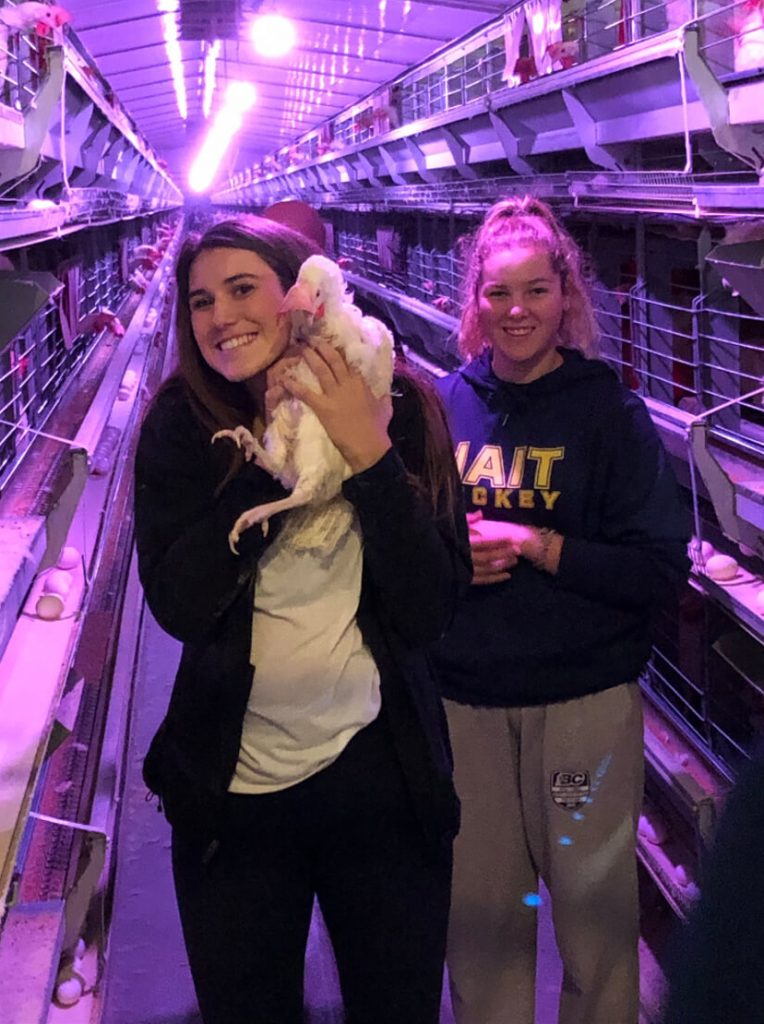
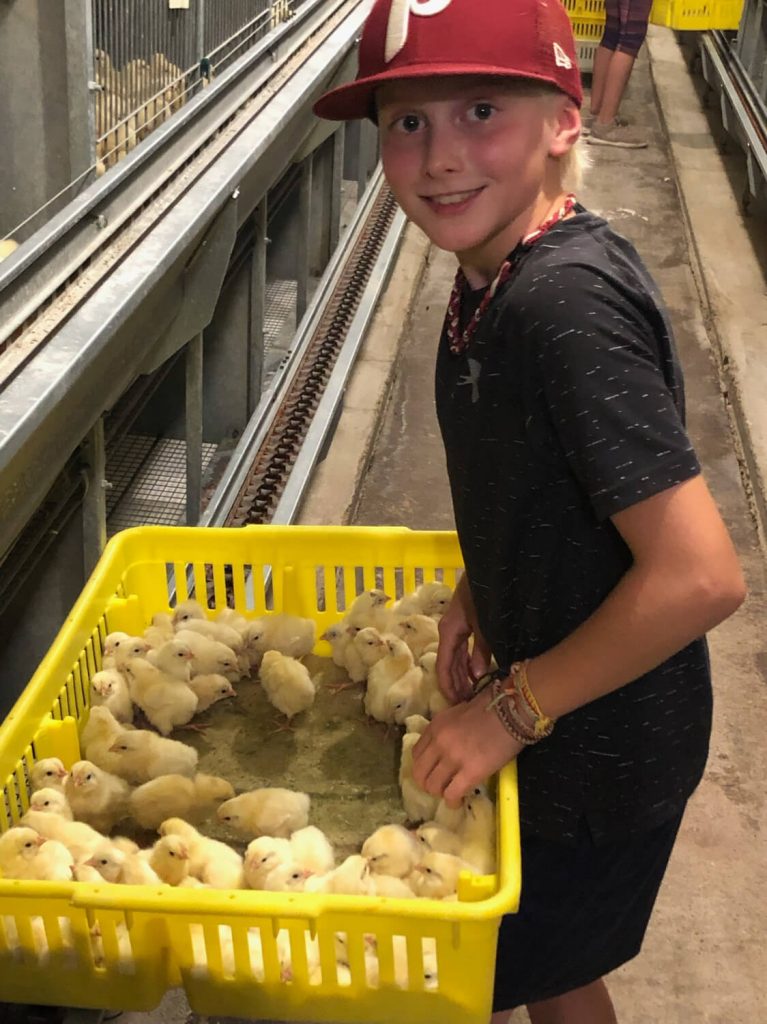
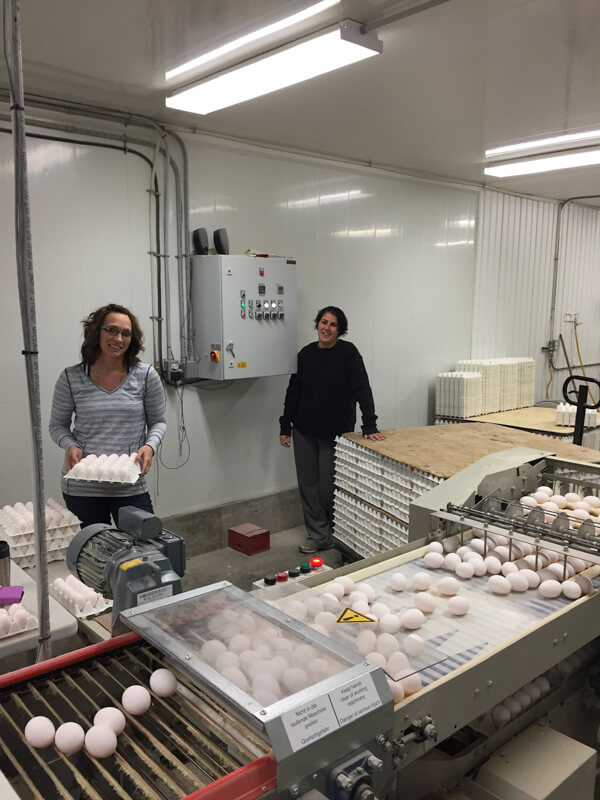
The eggs are stored in a cooler to await pick up by our local grader and can be later tracked from farm to grader to the grocery store.
We have had numerous family members serve the poultry industry as the board of directors and board chairmen. Keith Colborn was a founding member of the Saskatchewan Egg Producers. Both Keith and his brother Cliff are members of the Saskatchewan Poultry Hall of fame for their dedication to the poultry industry.
